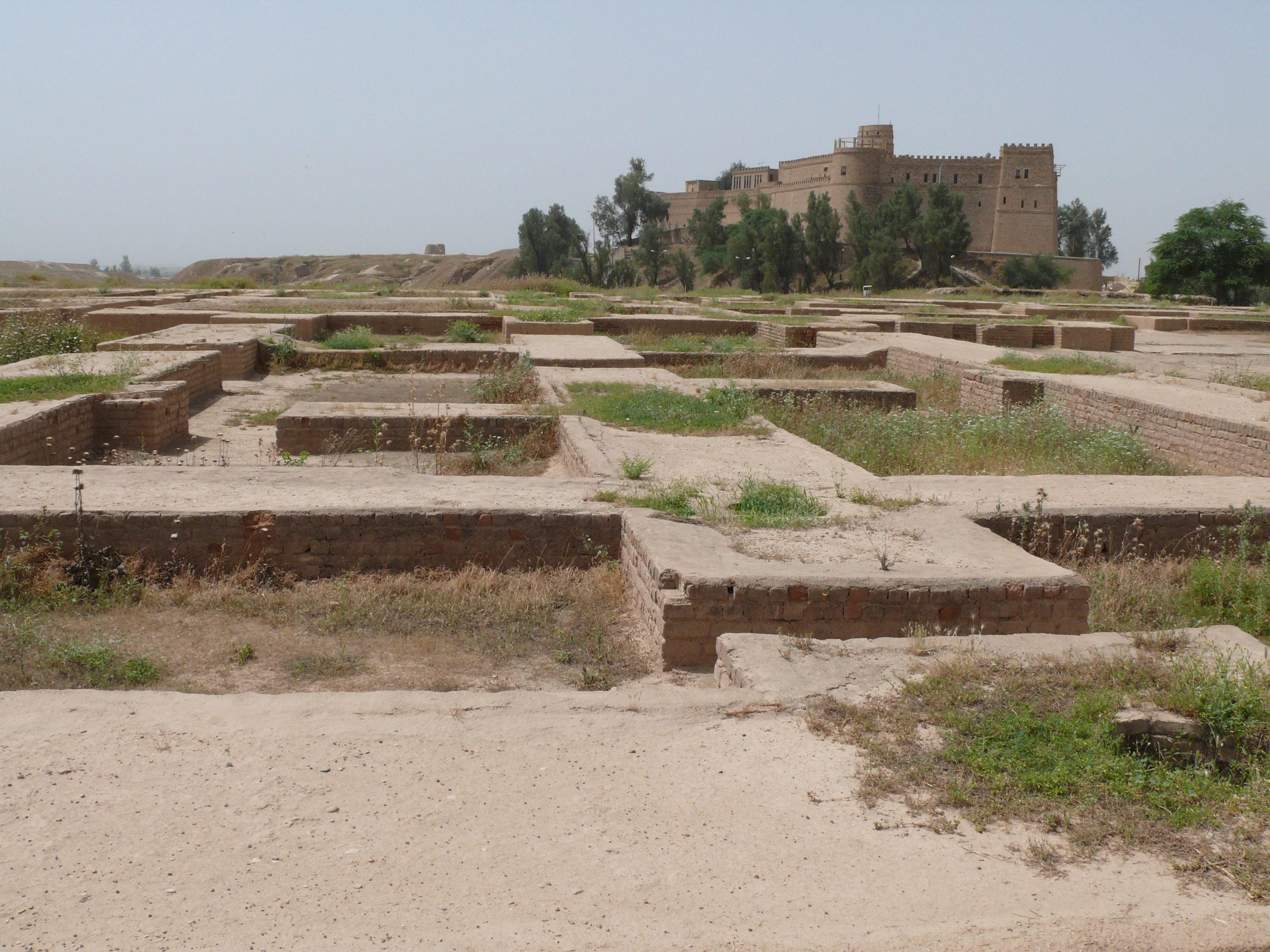
Anchoring to the God of Providence, Part 1
As we continue anchoring our thoughts to Scripture during unsettling times, we move back to the rich revelation of the Old Testament. Particularly in view of today’s political chaos, the story of Esther speaks with unusual power. This story has it all—danger, romance, intrigue, suspense, irony, reversals, poetic justice, glory. Esther is also distinguished by never mentioning God. But that is actually the genius of the story, pointing readers to the hand of the Lord as unseen yet victorious.
God seems especially absent in the first chapter. What is on display is human opulence and domination. Verses 1–4 recount a lavish feast thrown by Ahasuerus (Xerxes I) for officials from all across his empire. This was likely a council to plan another Persian invasion of Greece. Think of a six-month political convention-party. Evidently the point wasn’t just to impress people but to convince them that Xerxes had the resources to fight Greece and to assure them that he would generously reward them for fighting alongside him.
Then Xerxes hosted a seven-day follow-up party for everyone in the city of Susa, perhaps to thank the locals for their help over the last six months (v. 5). The description of this event is extraordinary (vv. 6–9):
There were white cotton curtains and violet hangings fastened with cords of fine linen and purple to silver rods and marble pillars, and also couches of gold and silver on a mosaic pavement of porphyry, marble, mother-of-pearl, and precious stones. Drinks were served in golden vessels, vessels of different kinds, and the royal wine was lavished according to the bounty of the king. And drinking was according to this edict: “There is no compulsion.” For the king had given orders to all the staff of his palace to do as each man desired. Queen Vashti also gave a feast for the women in the palace that belonged to King Ahasuerus.
The emperor spares no cost in showing off his power, giving his subjects a taste of the wealth and hedonism that accompanies royalty.
But this pomposity is soon shattered as Vashti defies him and refuses to showcase her beauty before a horde of inebriated men (vv. 10–12). Xerxes is the world’s mightiest ruler and intends to subdue Greece? He can’t even get his own wife to obey him! And he doesn’t know what to do about that either. So at the suggestion of an advisor he issues a decree ordering that every man in the empire be the master of his own house (vv. 13–22). Wouldn’t that embarrass Xerxes even more by advertising his failed leadership? And why should any woman obey her husband if the queen rebelled against the emperor himself?
The bigger question is, why is this strange story in the Bible? Don’t think in terms of a warning against drunkenness or a lesson on wifely submission. Instead, this chapter is satire. Think of Hans Christian Andersen’s folktale “The Emperor’s New Clothes,” or the TV series “Hogan’s Heroes,” or the website “The Babylon Bee” (no endorsement implied for any of these). Before relating how the forces of the Persian Empire are arrayed against the Jews, the author shows how petty and incompetent the empire’s authorities actually are. As one commentator puts it, “The ruling class of Persia is depicted not so much as ‘The Magnificent Seven’ but more like ‘Ahasuerus and the Seven Dwarfs’” (Iain Duguid, Esther and Ruth, 7).
The purpose isn’t just to make us smile, though. The author is beginning to show how divine providence uses human foolishness to advance God’s purposes. Karen Jobes explains (Esther, 76):
With his one decision to display Vashti at his war council, Xerxes set in motion a chain of events that culminates in the deliverance of God’s people, fulfilling the promise of the ancient covenant made ages before in a faraway place. . . . Like Xerxes of long ago, modern kings, presidents, and rulers make decisions from purely political motives. Like Vashti, people unwittingly make decisions that have long-reaching consequences far beyond what they could have foreseen. These events may be completely secular and perhaps made by people who give Christ no thought. Nonetheless, through them God is moving all of history forward to accomplish all that must happen before the return of his Son, Jesus Christ, the true King of kings.
Thus, Esther 1 presents a potent illustration of the teaching of Psalm 2. Whereas world rulers rage against Yahweh and his Messiah, “He who sits in the heavens laughs; the Lord holds them in derision” (v. 4). The Lord warns the rulers to submit before it’s too late (vv. 10–12a), but he promises ultimate blessing to those who trust in him (v. 12b).
So if you’re dismayed by bungling, self-serving political leaders, don’t become cynical or anxious. Be assured that you aren’t the first one to suffer under poor authorities. And be encouraged that God is so sovereign that he can use the most corrupt of leaders to set up for his redemptive plan.
Recent Viewpoints | Recent Theology in 3D
Cover image: Ruins of the palace built by Darius I in Susa (Iran), where his son Xerxes lived. In the background is Shush Castle, built in the 1890’s. Photo by Pentocelo – Own work, Public Domain, https://commons.wikimedia.org/w/index.php?curid=2234706

